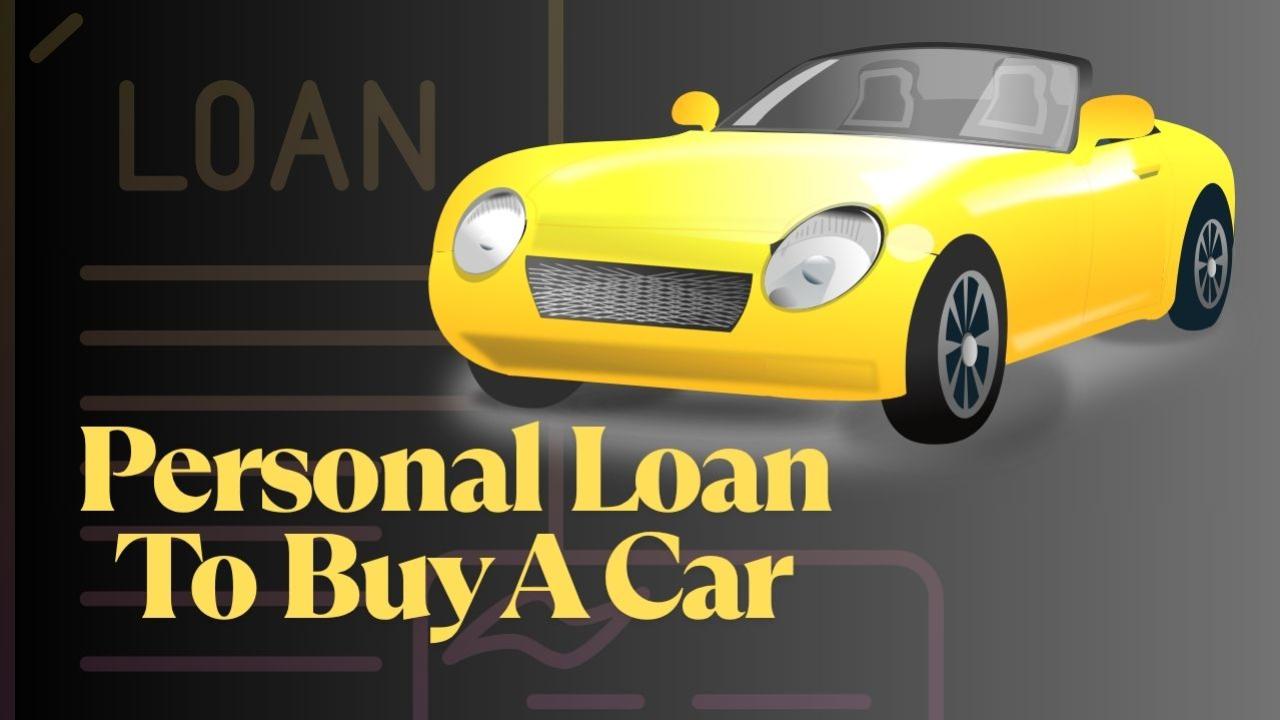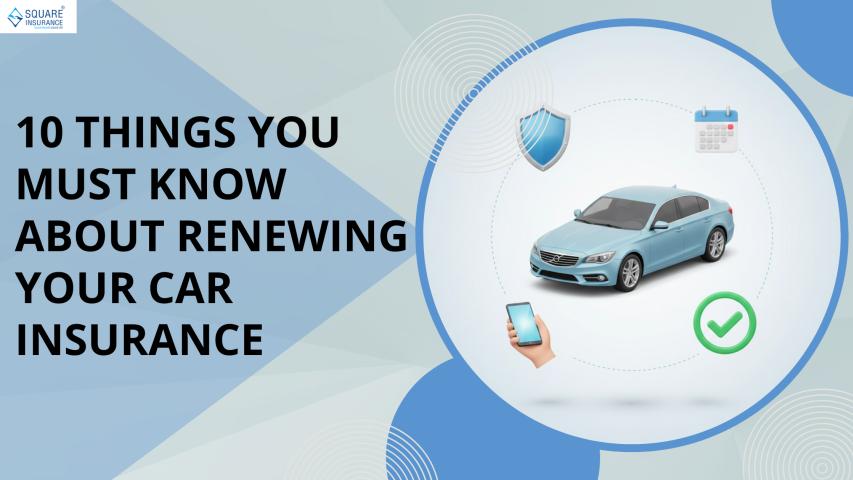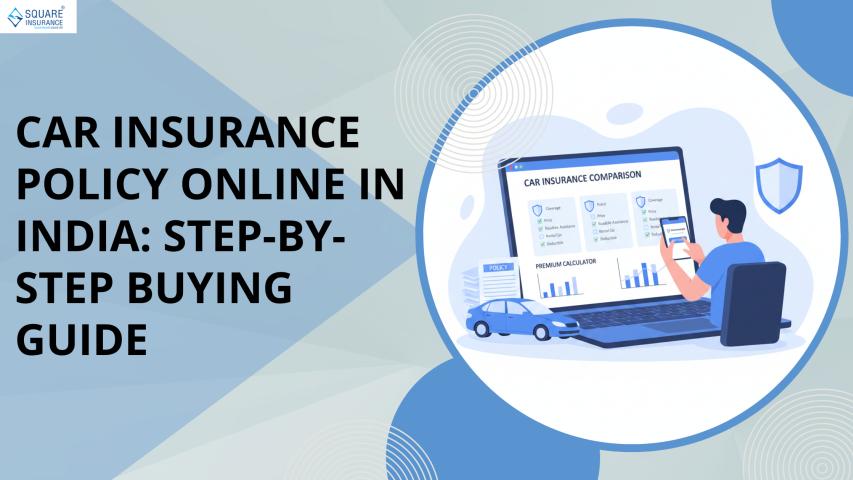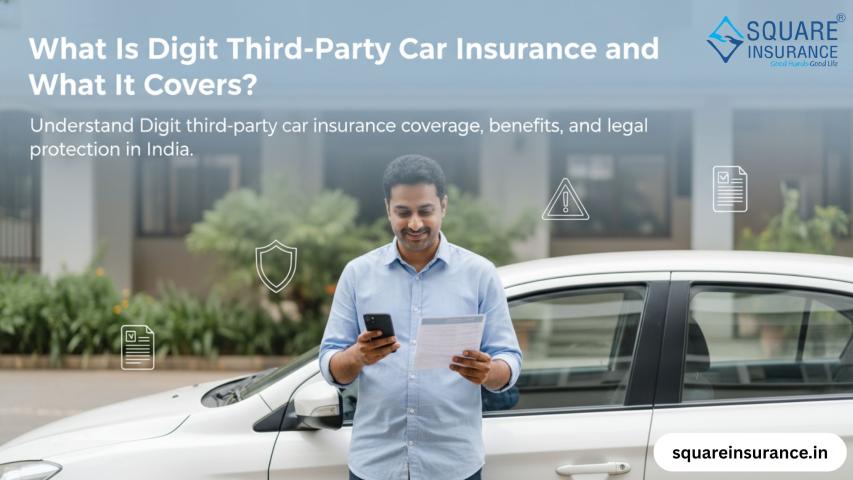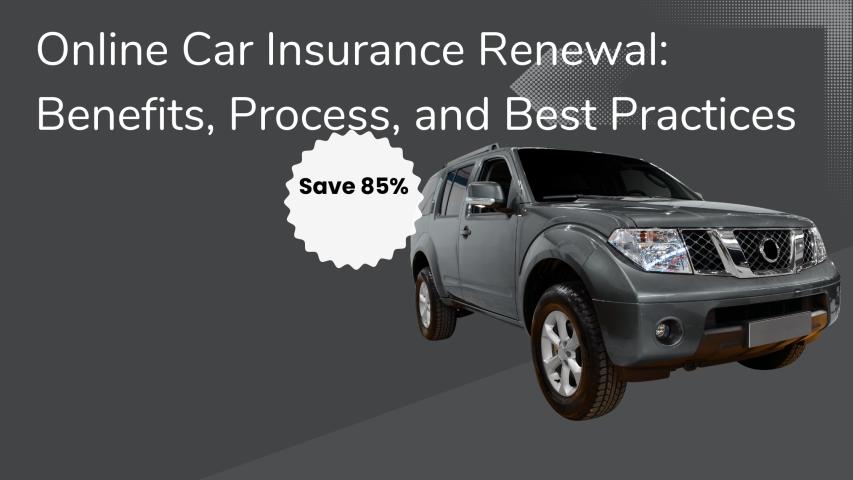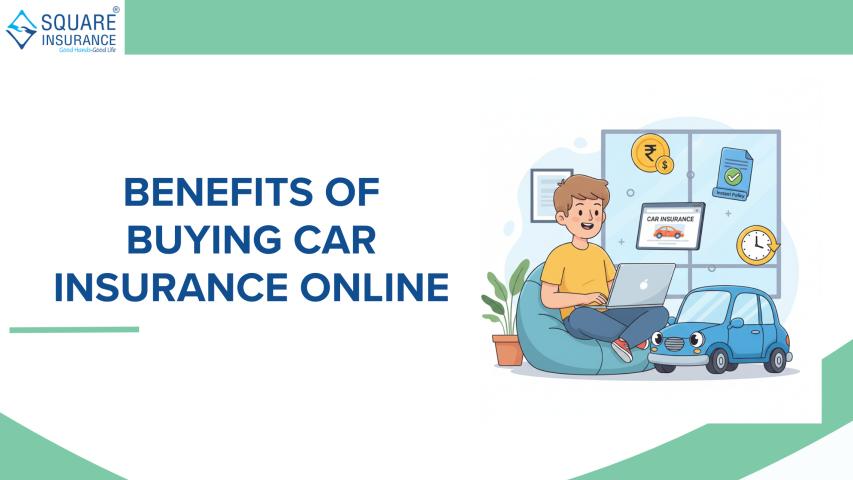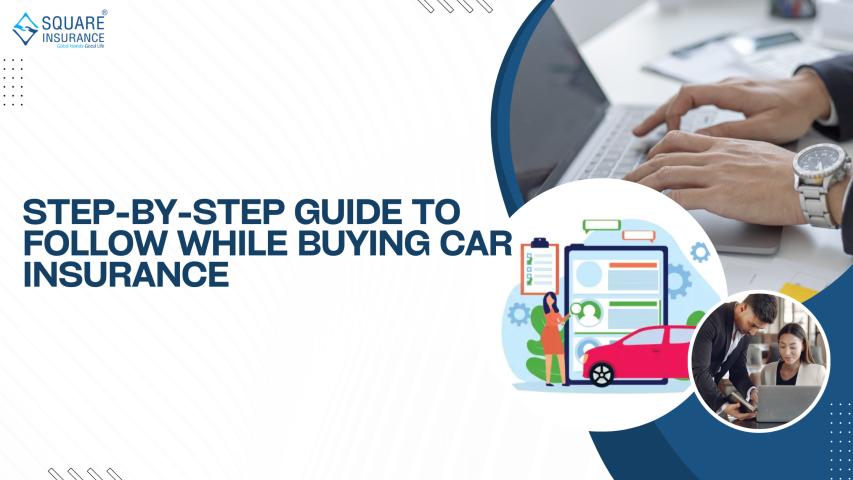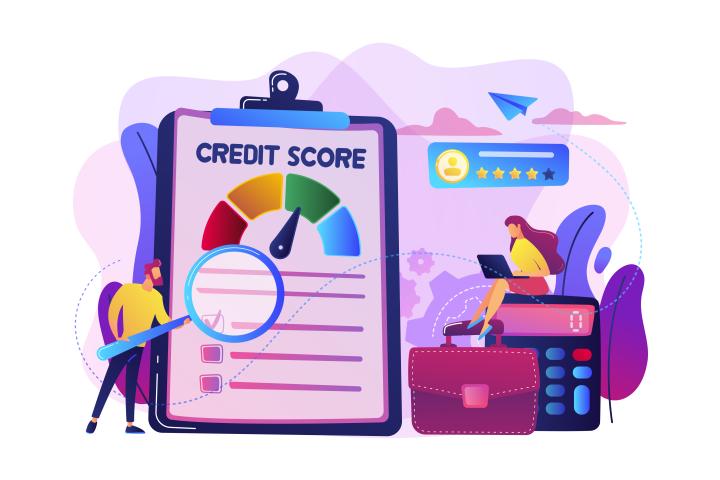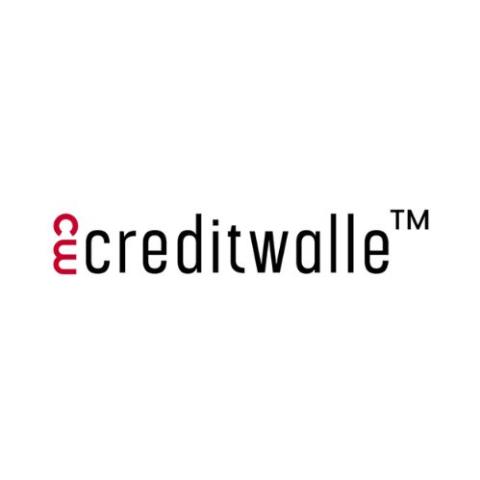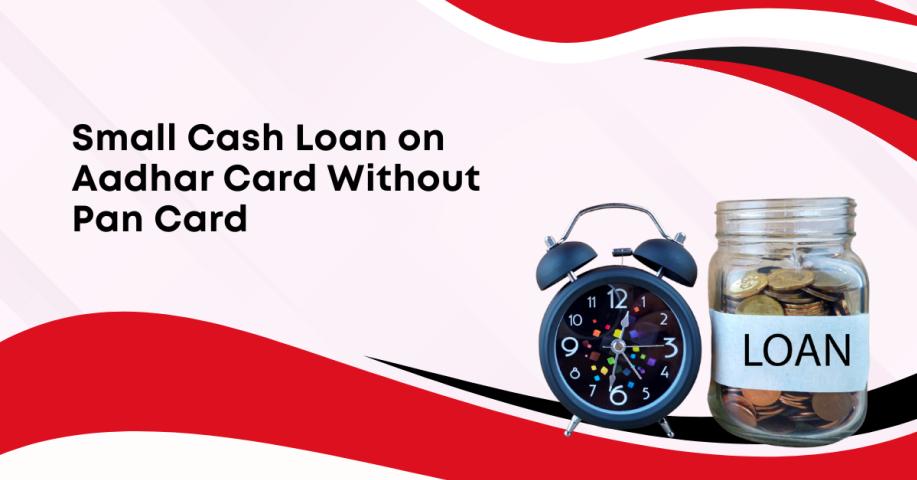Buying a car is a significant milestone, whether it’s your first vehicle or an upgrade to suit your life>personal loan to buy a car the right choice for you? The answer depends on your financial situation, preferences, and the flexibility you’re seeking in repayment and loan usage.
A personal loan is an unsecured loan, which means you don’t need to pledge your vehicle or any other asset as collateral. This is a major reason why personal loans are gaining popularity among car buyers. You are free to use the funds as you wish, including paying for additional expenses like insurance, registration, accessories, or even a down payment on the car. This flexibility is something you don’t usually get with a dedicated car loan, which is restricted to the vehicle purchase itself.
One of the biggest advantages of using a personal loan to buy a car is the speed and ease of approval. Many financial institutions and online lenders offer instant approval and disbursal, especially if you have a strong credit score and a stable income. This is helpful if you’re planning a quick purchase or taking advantage of a limited-time deal. Unlike car loans, which often require detailed vehicle documentation and dealership tie-ups, personal loans involve minimal paperwork and can be processed entirely online.
However, this convenience comes with a cost. Since personal loans are unsecured, the interest rates are usually higher compared to secured car loans. While car loans may offer interest rates as low as 7–10%, personal loan rates typically range between 10% and 24%, depending on your credit profile. This can make a significant difference in the total repayment amount over the loan tenure. If you qualify for a low-interest car loan through the manufacturer or dealer, that option may prove to be more cost-effective in the long run. Another factor to consider is the loan tenure.
Car loans often come with longer repayment terms, sometimes up to 7 years, which can reduce your monthly EMI. Personal loans, on the other hand, generally have shorter tenures of 1 to 5 years. While this may increase your monthly EMI, it also means you pay off the loan sooner and potentially save on interest if the rate is competitive. Your decision should also take into account whether you want to own the car outright from the start. With a personal loan, since the car is not used as collateral, it belongs to you from day one. Car loans, on the other hand, often keep the vehicle hypothecated to the lender until the loan is fully repaid.
In conclusion, if you value flexibility, quick access to funds, and prefer not to tie the car to a lender, a personal loan can be a great option to buy a car. However, if you’re looking for lower interest rates and longer repayment terms, a traditional car loan might be the better financial decision. Always compare offers and evaluate your repayment capacity before choosing the right path for your car purchase.
